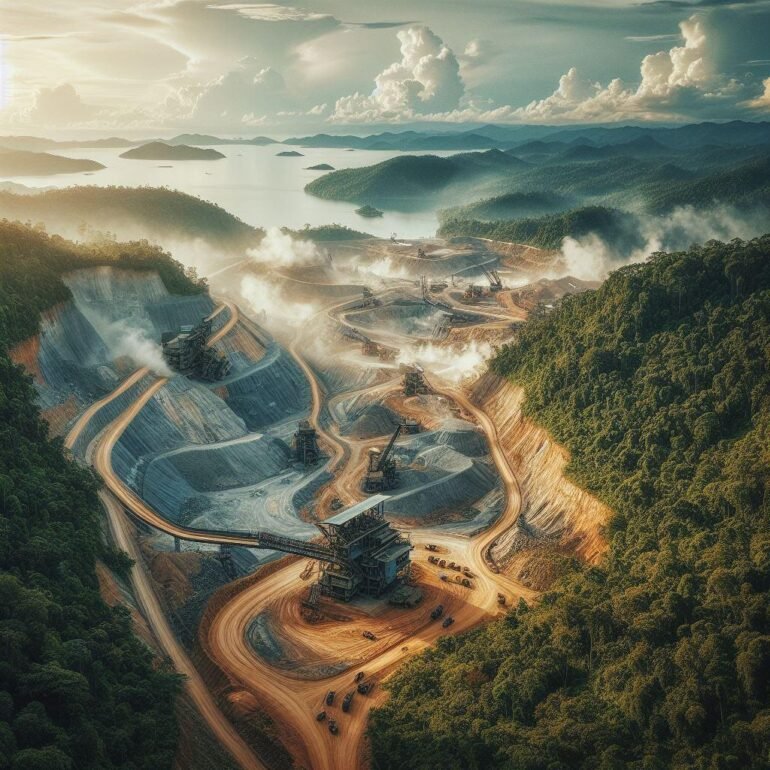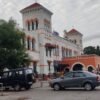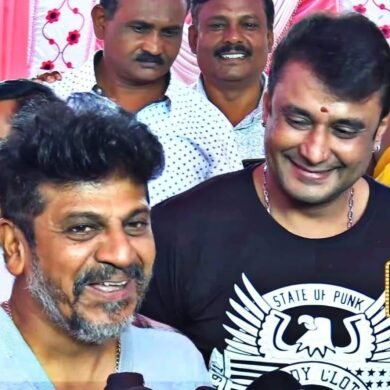Documents obtained through the Right to Information (RTI) Act reveal a diversion of Karnataka Mining Environment Restoration Corporation (KMERC) funds from their intended purpose. Originally earmarked for ecological restoration and rehabilitation in areas affected by illegal mining, the funds have been allocated to projects in non-mining impact zones. Activists argue that this contradicts the Supreme Court’s order, which specified that the funds should be utilized solely in mining-impacted zones.
KMERC, established as a special purpose vehicle by Supreme Court directives, has greenlit 317 projects amounting to Rs 7,634.97 crore. However, the RTI documents indicate a significant portion of these funds has been directed towards developments such as Hampi Zoo, Vijayanagara Sri Krishnadevaraya University renovation, Ballari Hospital’s bed capacity expansion, and various railway projects in areas unaffected by mining.
The Supreme Court had emphasized that the Rs 24,996 crore from the Comprehensive Environment Plan for Mining Impact Zones (CEPMIZ) should exclusively benefit the mining-affected regions of Ballari, Chitradurga, Tumakuru, and Vijayanagara districts. Activist allegations point to political influence, contending that surplus funds are being redirected to non-mining areas. For instance, the provision of drinking water to 15 non-mining wards in Ballari city was prioritized over addressing the water crisis in 20 mining-affected villages in Sandur taluk.
The Oversight Authority of KMERC, acting on the Central Empowered Committee’s recommendation, approved funds for diverse projects like the Atal Bihari Vajpayee Zoological Park, drinking water supply for non-mining wards, a super-speciality hospital, railway projects, and university renovation. Notably, none of these projects align with the original intent of assisting areas directly impacted by mining.
Railway projects, road connectivity, rural roads, drinking water initiatives, and allocations to the forest department constitute a major portion of the approved funds. Retired Supreme Court Judge B Sudershan Reddy, serving as the Oversight Authority, has temporarily suspended drinking water projects and the super-speciality hospital in response to activist objections.
Members of the Samaj Parivartan Samudaya (SPS), instrumental in KMERC’s formation, argue that diverting funds to non-impacted areas contradicts the rehabilitation purpose. Residents in mining-affected villages, like Kamatur in Sandur taluk, claim no funds have been directed to their villages, exacerbating issues such as a drinking water crisis and inadequate healthcare.
District administration sources mention that detailed project reports are being prepared, and SPS’s legal intervention has slowed down project implementation. Officials, including Vijayanagara Deputy Commissioner MS Diwakara and Ballari DC Prashanth Kumar Mishra, assert that project selection and approval were guided by the Oversight Authority based on CEC recommendations. They maintain that adherence to Supreme Court-approved parameters for development in affected areas is prioritized, even as resources are distributed across various locations.



